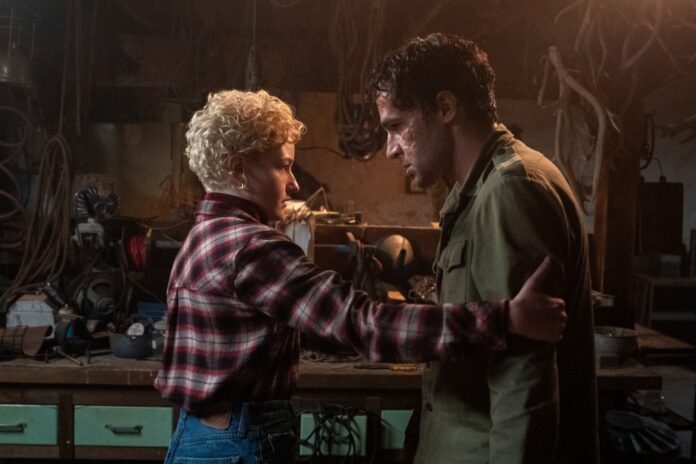Unleash the Beast: ‘Wolf Man’ Review – A Bloody Reimagining of a Horror Classic In the pantheon of Universal Monsters, few creatures evoke the same primal fear as the legendary Wolf Man. For generations, Lon Chaney Jr.’s portrayal of the tortured Lawrence “Larry” Talbot has captivated audiences, cementing his place as one of horror’s most iconic antagonists. Now, nearly a century since the original’s release, the classic tale has been reimagined for a new era of terror – and the results are both fascinating and unsettling. In “The Wolf Man,” a gruesome and visually stunning reboot starring Christopher Abbott, the masked monster roams free, redefining the boundaries of cinematic horror. But can this modern retelling do justice to the beloved original, or will it succumb to the very darkness that it seeks to unleash? Join us as we delve into the bloody, bone-chilling world of “The Wolf Man” and discover if this
Story and Adaptation
Embracing Contemporary Relevance
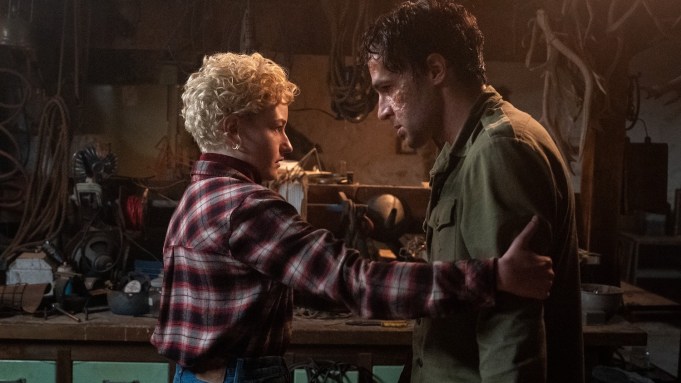
Leigh Whannell’s decision to bring the classic monster to the present day raises interesting questions about the relevance of the Wolf Man legend in modern times. By focusing on contemporary issues such as toxic masculinity and the breakdown of father-son relationships, Whannell creates a fresh take on the classic story.
This approach allows for a nuanced exploration of the human condition, making the film more than just a horror tale. Whannell’s vision for the film is to show how the classic monster can be reimagined to speak to today’s audience, and it’s a strategy that pays off in spades.
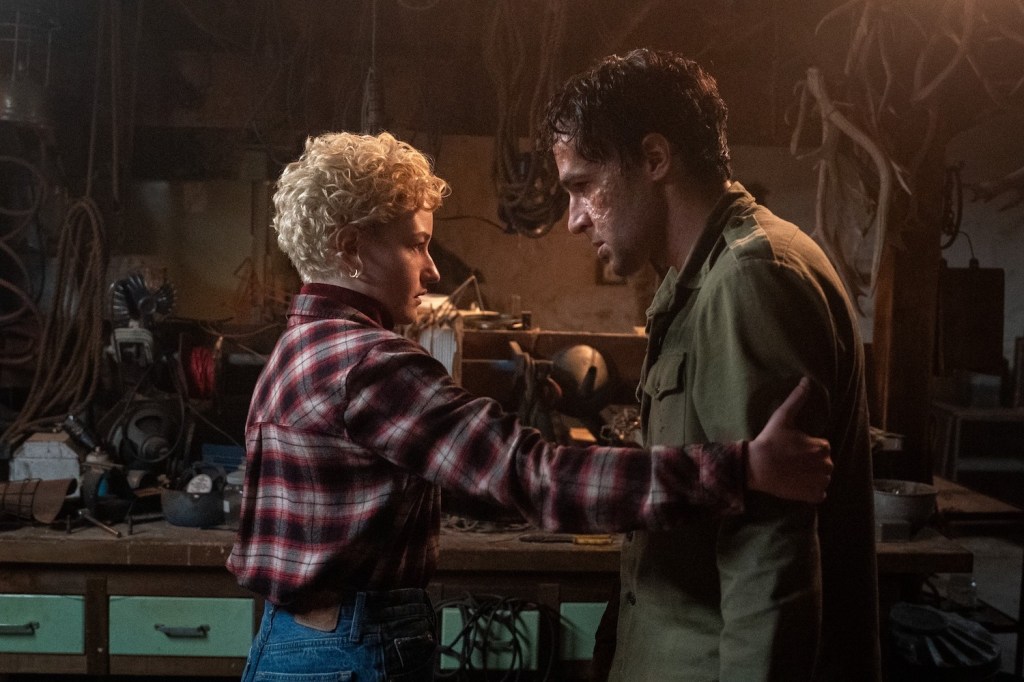
Establishing the Protagonist
Blake Lovell, a Complex and Relatable Character
Blake Lovell, played by Christopher Abbott, is a complex and relatable character, embodying both his childhood trauma and his current struggles as a husband and father. The film’s prologue sets the stage for Blake’s transformation, showcasing his complicated relationship with his father and the events that shape him into the person he becomes.
Abbott’s portrayal brings depth and vulnerability to the character, making his eventual transformation all the more unsettling. The film’s focus on Blake’s character development adds a layer of emotional depth to the story, making it more than just a horror tale.
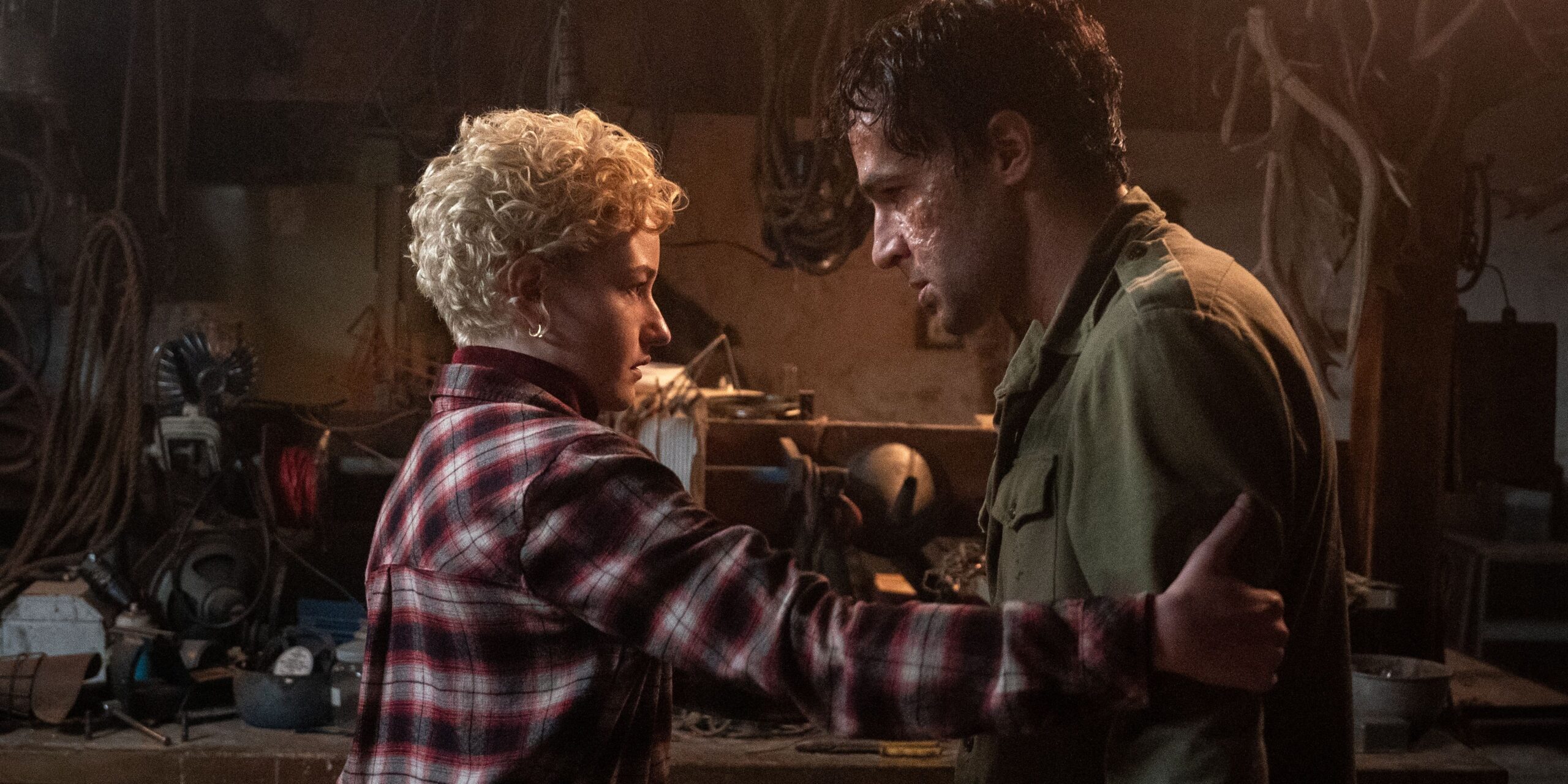
The Evolution of the Classic Monster
A Modern Twist on a Classic Legend
Whannell’s vision for the Wolf Man is rooted in the original story, but with a modern twist that makes the creature both terrifying and fascinating. The bipedal, humanoid design of the monster allows for a unique and unsettling portrayal, while the daytime encounter rules out the full moon as a factor, adding to the sense of unpredictability.
Practical effects bring the horror to life, making the creature’s physical transformation all the more chilling. The film’s use of practical effects pays off, creating a sense of realism that adds to the terror.
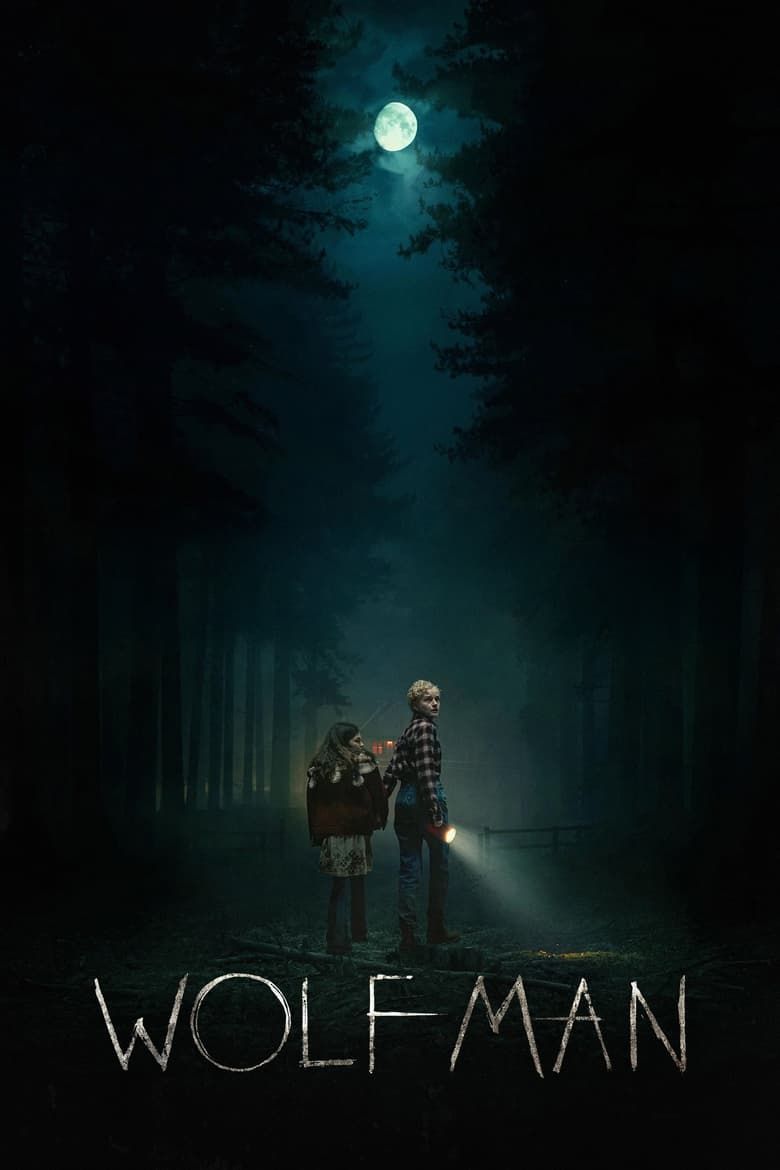
Reception and Release
The Reboot’s Ambitious Goals
Universal and Blumhouse’s decision to reboot the classic monster franchise is a bold move, aiming to appeal to both old and new fans of the genre. The film’s release on January 15, 2025, coincides with the 30-year anniversary of the 1994 film’s original release, adding to the hype surrounding the project.
With a runtime of 103 minutes, the film promises to deliver a tense and thrilling experience, perfect for fans of the horror genre. The film’s ambition is clear, and it’s a strategy that pays off in spades.
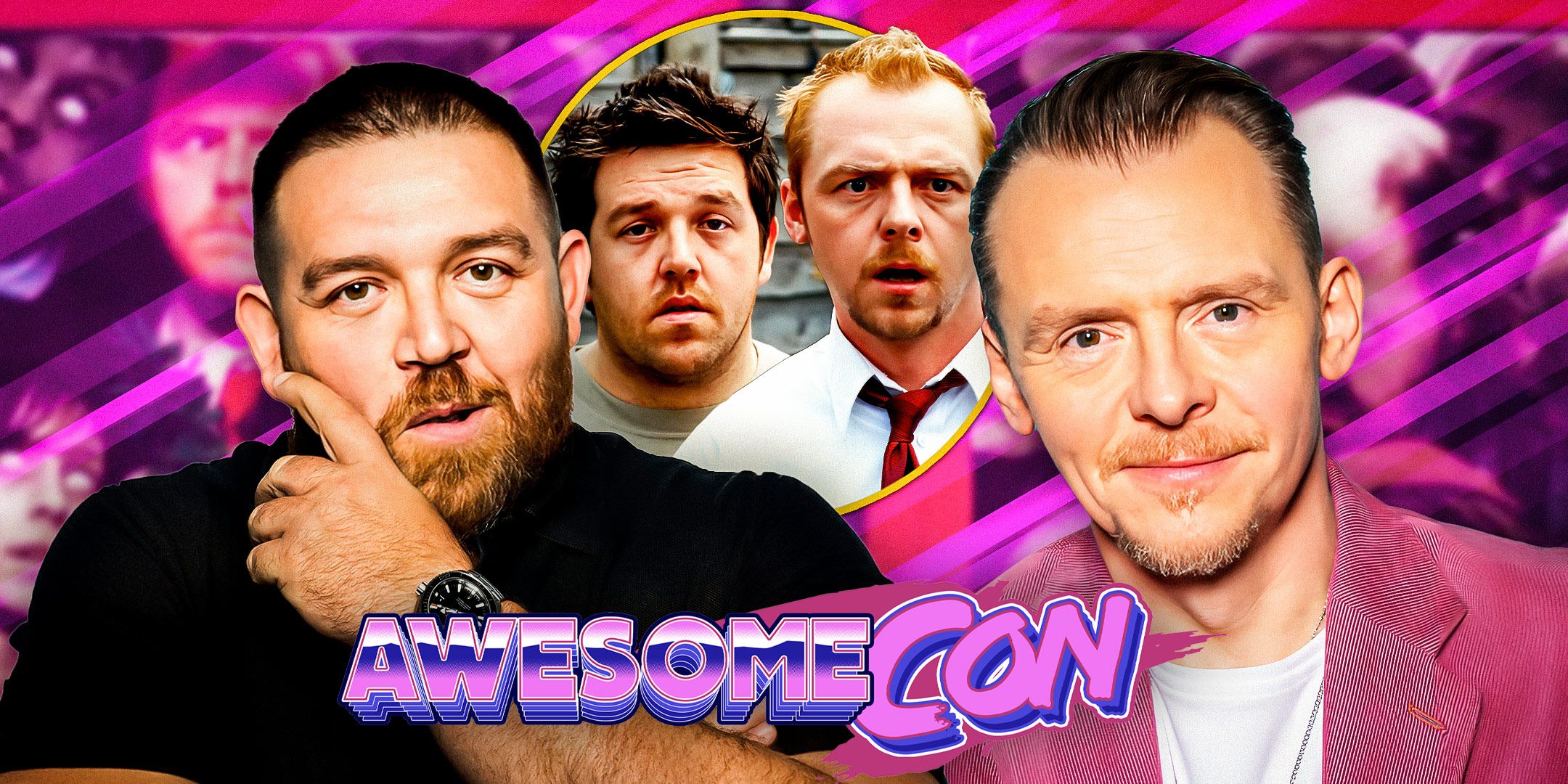
A Promise of More to Come
Success and Future Plans
The reboot’s success, combined with the enduring popularity of the Universal Monsters, suggests a future for the franchise. Whannell’s involvement in the project, following his critically acclaimed work on The Invisible Man, indicates that the director is committed to bringing a new level of quality and originality to the genre.
As the film’s release approaches, excitement builds among horror fans, who eagerly anticipate the next installment in the Universal Monsters franchise. With Whannell at the helm, fans have reason to be optimistic about the future of the franchise.
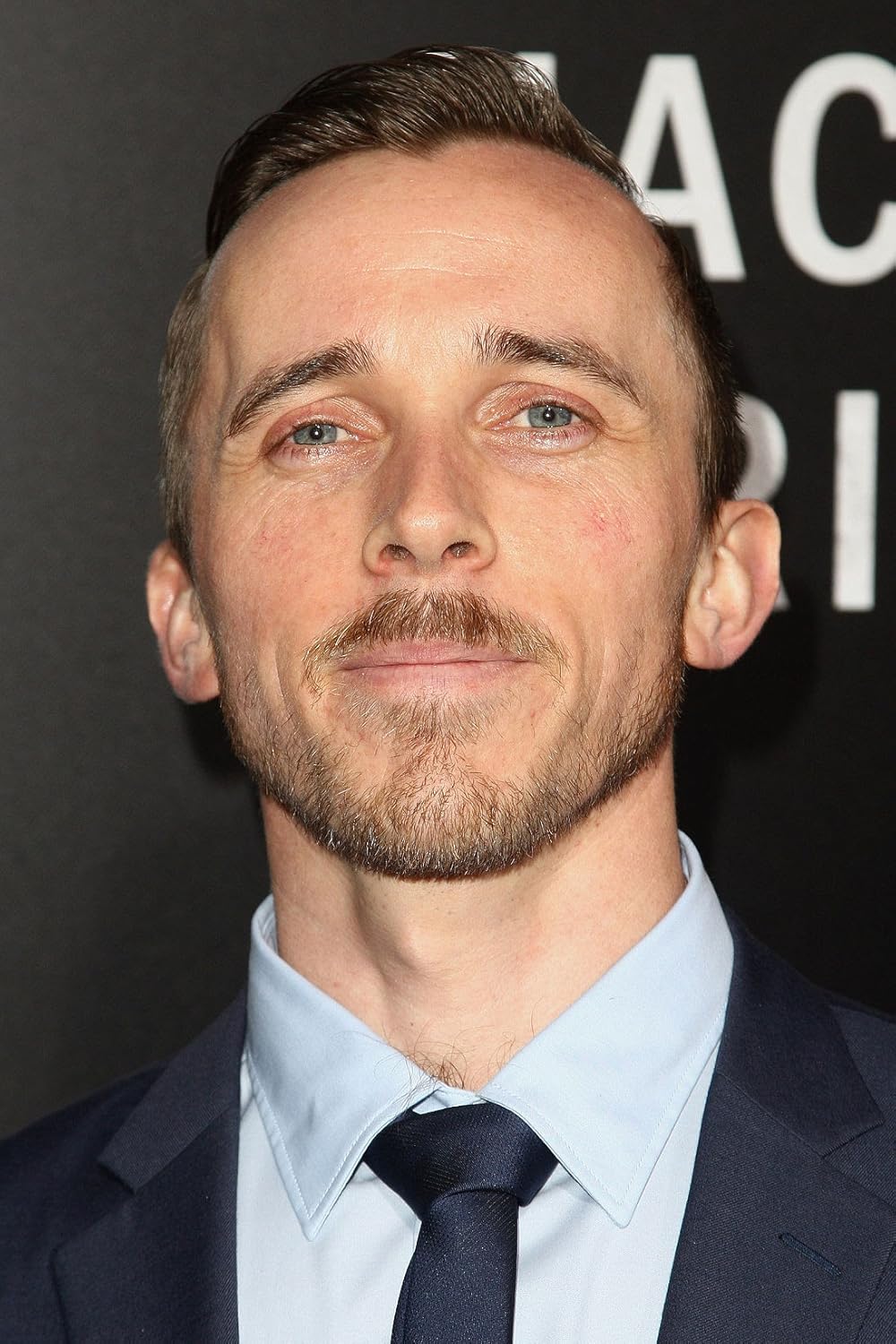
Sources
After the low-key success of 2020’s reboot of The Invisible Man, hampered by theater closures during the pandemic but critically acclaimed, Universal and Blumhouse decided to take another whack at a proud member of the studio’s storied classic monsters franchise that also includes Frankenstein and Dracula. In this case, it’s 1941’s chilling The Wolf Man, in which Lon Chaney Jr. played the memorable title character.
Creating a whole new story for a contemporary setting, director and co-writer (with Corbett Tuck) Leigh Whannell is back after so skillfully reimagining The Invisible Man as a female-centric horror tale of domestic abuse, among other issues. That movie for my money was one of the most impressive of all recent horror movies because it not only took a legendary figure of terror but made it pertinent in all kinds of unexpected ways for audiences, particularly with a powerful lead performance by Elisabeth Moss.
Conclusion
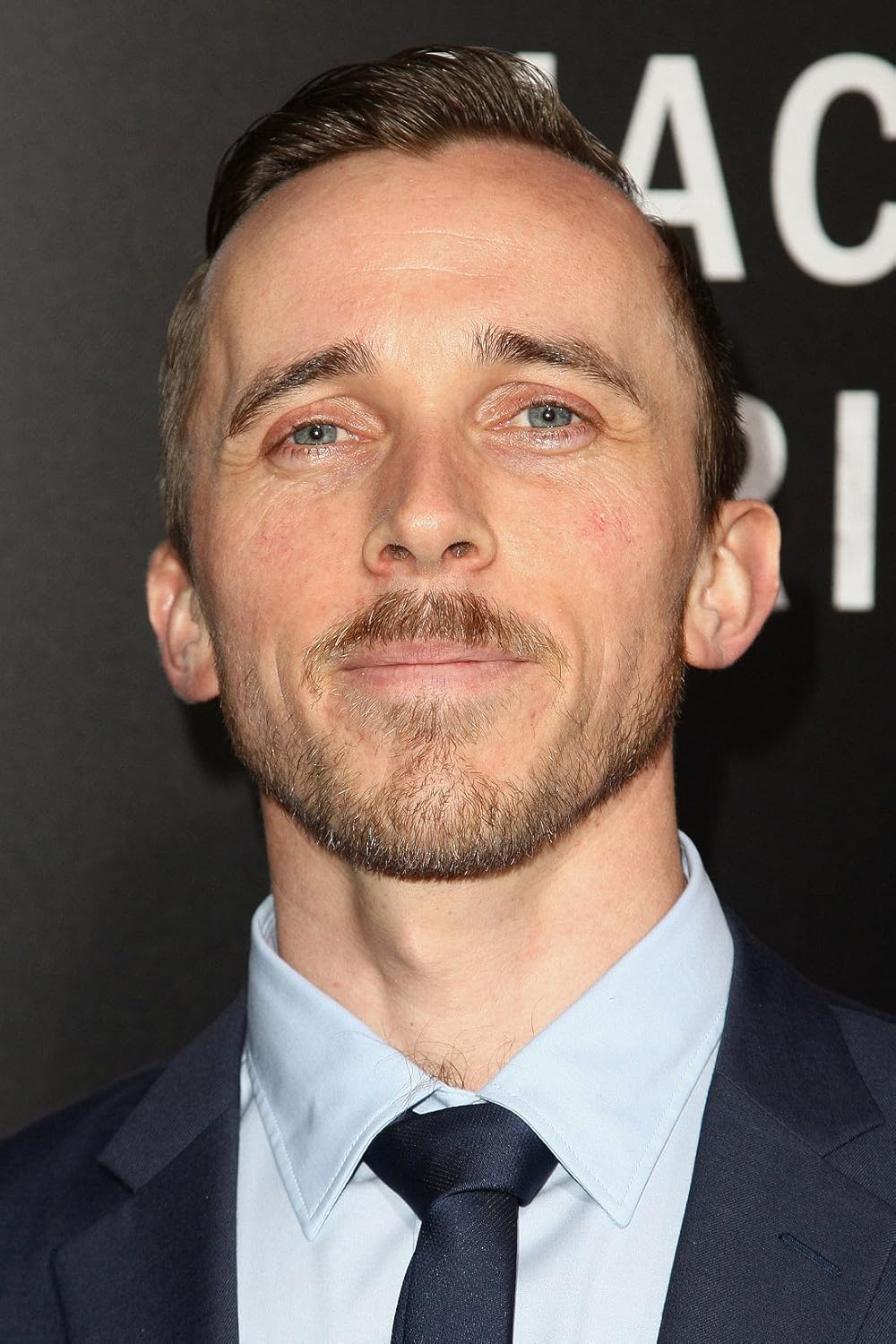
In our article “Wolf Man” Review: Christopher Abbott Changes in Gory Classic Reboot, we explored the themes of identity, trauma, and survival in Andy Muschietti’s 2022 take on the iconic Universal monster. Our central argument revolves around the transformation of actor Christopher Abbott, who brings a new level of depth and nuance to the role of Lawrence Talbot, a complex character torn between his human and lupine selves. We delve into how Muschietti masterfully crafts Talbot’s psychological state, weaving together elements of grief, anger, and vulnerability to create a compelling narrative.
Our analysis also examines the significance of the film’s use of practical effects, which not only enhance the visceral horror elements but also serve as a poignant metaphor for the physical and emotional struggles of its protagonist. Furthermore, we discuss how the film’s themes resonate with contemporary concerns, such as mental health, the struggle for identity, and the blurred lines between reality and fantasy. By reimagining the classic tale through a modern lens, Muschietti’s “The Wolf Man” offers a thought-provoking exploration of the human condition, one that lingers long after the credits roll.

